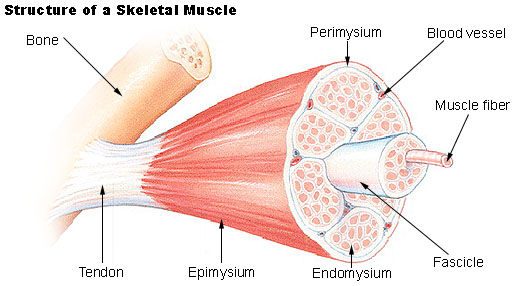
Healing Processes After Injury: Part 2 – Muscles
Hello all, we are back with part 2. There has barely been enough time to digest part 1 but we wanted to keep the story line sailing smoothly so here it is. In this post, wet will be addressing muscle injury, recovery and repair. Muscle tissue is a very active tissue - that it has a high level of energy because of the ample blood supply and nutrients it receives. In practical terms it means 2 important things: muscles GROW and HEAL QUICKLY, in comparison to other tissues. That is why when people start exercising and weight training, they note rapid growth in muscle mass and muscle conditioning. Muscle requires a lot of energy to be maintained, which is why you see all those muscle bound guys in the gym eating constantly! That is also why weight training should

The curse of Belly Fat (Visceral Adipose Tissue)
Being that time of year, we thought it would be appropriate to begin our blog with a post about something that is a problem for a large number of us - Visceral Adipose Tissue (VAT), also known commonly as belly fat or beer belly. Adipose tissue is the common scientific term for fat tissue in the body, of which there are various types. One of these is visceral adipose, which is different to fat found in other parts of the body and has been studied more in recent decades due to the rise in obesity. Fat tissue is used to store excess energy we have taken in through our diet and not expended. This generally occurs in two ways: 80% of all body fat and is stored subcutaneously (underneath the skin) in the upper thigh, buttock, back and anterior abdominal areas. Belly fat is stored

Ideas and Important ages for Excessive Weight Gain
Hi there folks, we hope you had a good Christmas here at the West 12 Health Centre and would like to wish you a Happy New Year. To continue with our previous post we think it would only be fair to explain some of the theories behind the inevitable weight gain we all experience this time of year in particular. 64% of adults in the UK are overweight or obese (BMI >25 and >30 respectively), interestingly though people may fail to recognise their own weight gain over time as well as their weight problems (Ziebland et al, 1996). This is surprising as the physical and psychological risks of excessive weight gain are well documented. It has also been recognized that such risks to health occur with any level of weight gain. Increases of less than five ki
